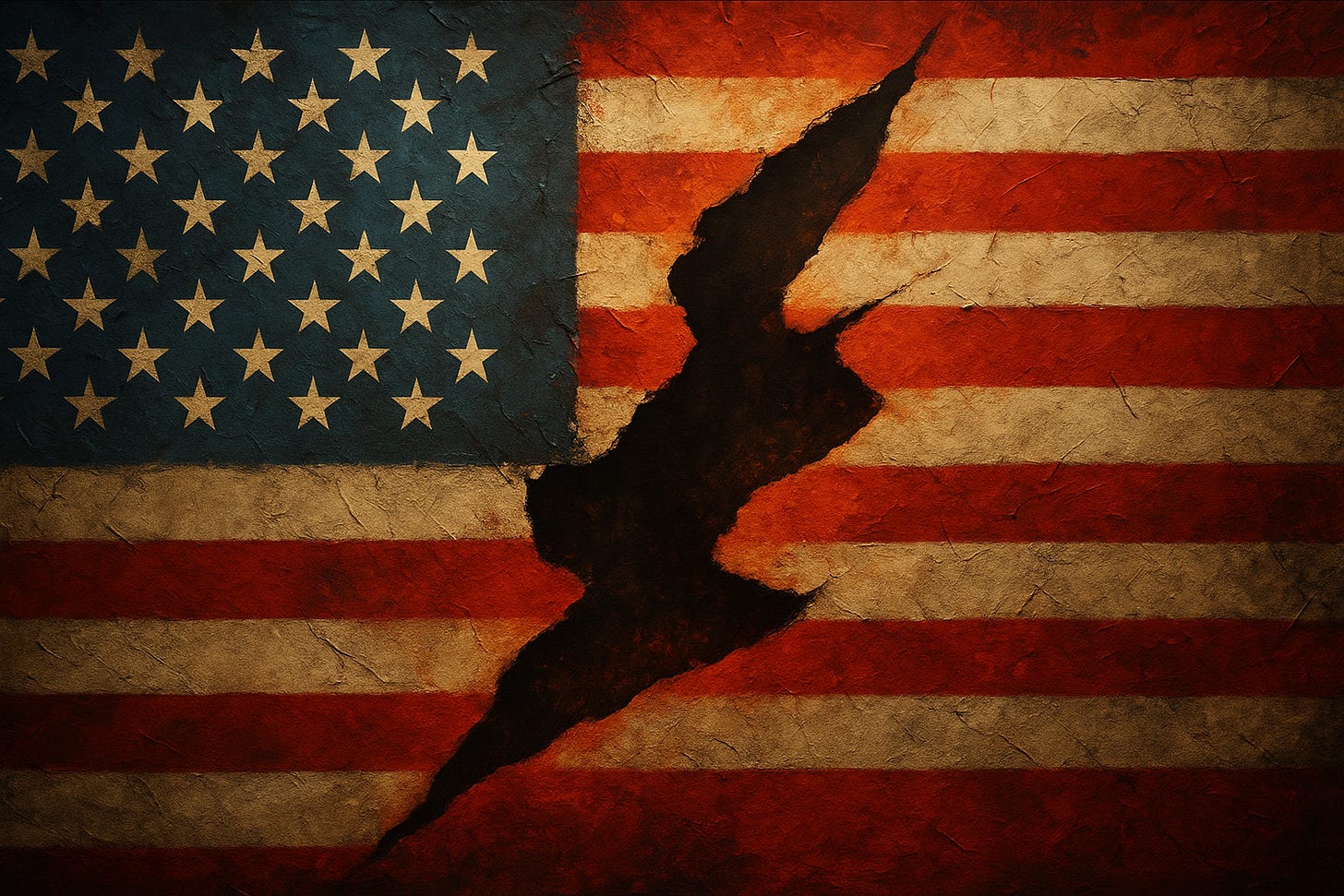The Kirk Assassination and the Death of Debate
Why true constitutionalists must hold the line when both sides try to silence dissent
The political assassination of Charlie Kirk is a tragedy. I say that plainly. A husband and father is gone, and his family and supporters deserve compassion and space to grieve. But what we’re watching unfold in the aftermath isn’t just grief—it’s a campaign to silence dissent. And it’s one that twists the very First Amendment that Americans across the spectrum once swore to defend.
Free Speech Doesn’t End Where Feelings Begin
Criticizing Charlie Kirk—even harshly—is not the same as calling for his death. A Facebook post, a snarky tweet, or a professor’s rant on Instagram isn’t “incitement of violence.” The Supreme Court has been here before. In Rankin v. McPherson (1987), a government employee quipped after Reagan’s assassination attempt, “If they go for him again, I hope they get him.” Tasteless? Absolutely. But the Court ruled it was protected speech because it wasn’t a true threat or incitement.
That case matters now. If even a direct, ugly remark about a sitting president’s life fell under the First Amendment, then professors commenting on Charlie Kirk—who was not an elected official or a religious leader—are nowhere near the constitutional line. Yet suddenly the right is copying the left’s tired playbook: words are violence, “hate speech” must be silenced, and anyone who dares speak ill of a fallen political figure must be driven out of academia.
Clemson, My Alma Mater, and the Infantilization of College Students
Clemson is one college at the center of this uproar. Two faculty members and another employee were disciplined or fired for what they shared on personal social media. Legislators threatened to pull funding and strip tenure. Calls for the resignation of President Clements soon followed.
The danger here is conflating college students with K–12 kids. Professors are not babysitters, and Clemson students are not fragile toddlers. They are legal adults—old enough to vote, enlist, and think. Higher education is supposed to challenge them, not coddle them. If students can’t see a professor’s off-campus opinion without being “indoctrinated,” what does that say about the strength of their own convictions?
K–12 teachers absolutely have a different responsibility—they teach children. But professors are dealing with adults. Adults should be able to weigh arguments, separate rhetoric from reality, and form their own views without legislators stepping in to shield them from the marketplace of ideas. Treating them like daycare kids does nothing but prime them for actual indoctrination.
Idolatry Isn’t Conservatism
What’s even more disturbing than the crackdown is the idolatry. Influencers declaring, “If your church didn’t mention Charlie Kirk this Sunday, find a new church.” Demanding the Pope issue a statement about the assassination of a man who was neither an elected official nor a religious figure.
This is cultish behavior. The right once prided itself on rejecting hero-worship, valuing institutions over individuals, and recognizing that no man—no matter how beloved—is above critique. Turning Charlie Kirk into a martyr beyond reproach betrays both conservative principles and Christian humility.
Policing Dissent in the Name of Conservatism
The right spent years railing against cancel culture, watching professors, comedians, and small-town bakers lose livelihoods for stepping out of ideological line. Yet here we are: SC Freedom Caucus members demanding a special legislative session to “defund Clemson.” Nancy Mace writing letters urging the Department of Education to cut funding from schools that don’t fire staff. State and federal officials using government power to punish speech.
That’s not constitutional or conservatism…it’s authoritarianism!
Saving Civil Liberties from Left and Right Alike
The First Amendment isn’t partisan. It doesn’t bend left or right. It belongs to all Americans. The Founders didn’t draft it to protect polite, agreeable chatter—they wrote it to shield the unpopular, abrasive, even “vile” speech from the heavy hand of government.
Yet today, both camps are guilty of shredding it. The left undermines free speech by branding every critique as “hate speech.” The right is now doing the same, treating every criticism of Charlie Kirk as “glorifying violence.” Different labels, same result: silencing dissent. Both are wrong. Both are dangerous.
That’s why the burden falls on true constitutionalists to hold the line. Free speech doesn’t stop being free because it offends. It doesn’t disappear when it comes from the other side. And it doesn’t die with the grief of a tragedy—unless we let it.
So yes, mourn Charlie Kirk and show compassion for his family if you so choose. But don’t turn that grief into a crusade that tramples the Constitution underfoot. If we fail to defend free speech now, we don’t just lose the First Amendment—we lose the very liberties that make this country worth fighting for.



